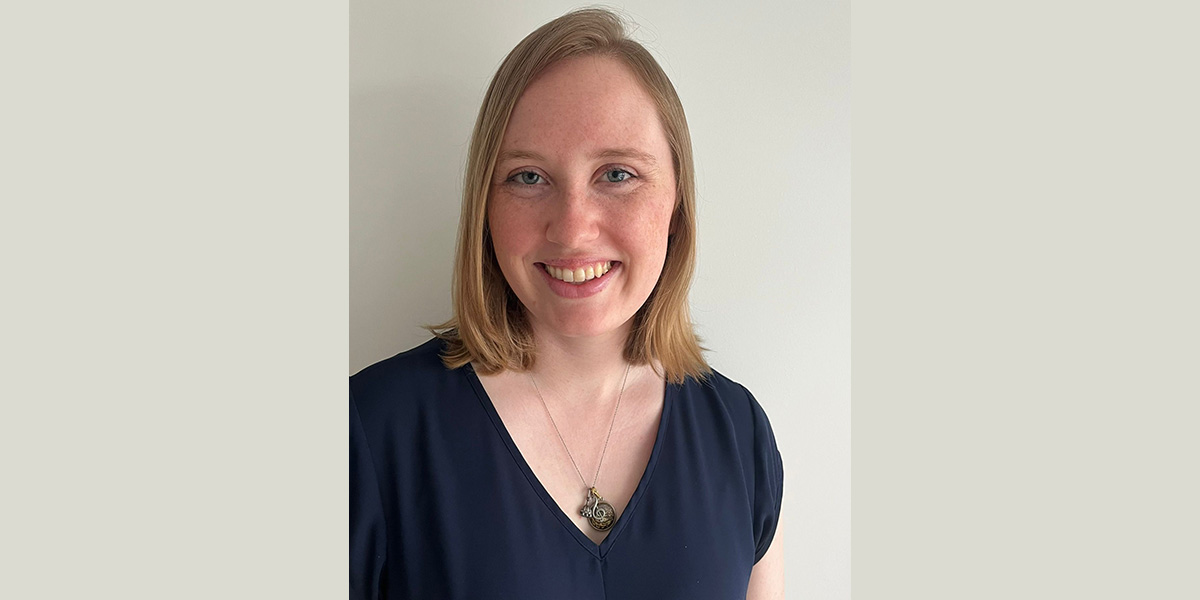Stepping up to a Master’s and coping with imposter syndrome

By Kimberly, from the USA, studying MSc Advanced Sustainable Design.
I’m a postgraduate student from New York. I studied Urban Planning in my undergraduate, decided to work for a few years and I’m currently doing an MSc Advanced Sustainable Design at the University of Edinburgh. A Masters is definitely a step up from undergraduate and navigating it can feel overwhelming. Here’s how I tackled the new challenges of a postgraduate degree.
A step up from undergraduate
It’s fun and rewarding, but it’s certainly challenging. You are expected to operate at a higher level, both in your academic outputs and time management skills. I’ve found I’ve been growing much faster and developing stronger research skills through the independent nature of a postgraduate degree in the UK. At Masters level you have to hit the ground running as there is a lot to cover, it is only one year here which is different from the US system and from that in Continental Europe.
The biggest shifts compared to undergraduate study for me have been in prioritising time management, learning from my cohort, and understanding that it might be a different social structure than it was at undergraduate level. It’s still a lot of fun, but at Masters level, your main focus is the course.
My Bachelors was very theory-based but my Masters is more technical and systems focused. The Masters programme team is probably thinking, “Ok, you’re choosing this field to advance your studies, so you know what you want to do.” So, they’re not devoting as much time on each high-level concept. They’ll still help you build a strong foundation but you’ll really be diving into the development of specialised skills and specific research areas.
An intense one-year full-time Masters feels like a sprint in comparison to the longer time frame involved at an undergraduate level. You’re doing so much, so quickly. You only have one year to get through a lot of work, including a dissertation over the summer semester. So, you will just have to keep going, but since it is something you’re interested in, you will find it exciting and find ways to manage it. You will be producing work at levels you might not have experienced before; I know I definitely have been.
Realising I wasn’t alone
The step up in intensity, combined with the specialisation and greater in-depth exploration of my subject contributed to an initial sense of imposter syndrome. For instance, there are a lot of architects in my programme and as an urban planner, I have a different set of design skills. Initially, I was feeling really overwhelmed, asking myself, “Did I or did I not make the right choice?”, “Am I alone in this?”. So I started talking to my friends about it and other people were feeling it too. It’s very easy to feel like you’re alone and feel overwhelmed, especially if you’re also adjusting to life in a new city and sometimes in a new culture.
Things can feel like they’re weighing you down and you might not realise it until you get to a big assignment, or you haven’t been sleeping well. I found that the more I talked to people, the more I realised we were all feeling it so we could work through it together. That allowed me to realise, “Oh, we’re all here to learn, we aren’t supposed to have these skills already and we’re here to grow into this.”
Knowing that I’m not alone, learning how to manage the new course load, creating work life balance, etc., helped me a lot, as well as leaning on support systems and talking to my professor. This helped me realise that they saw my work and they chose me to be in this programme for a reason. They believed I could do it which helps me believe in my abilities and feel good about the work I’m producing.
Find out more
MSc Advanced Sustainable Design



